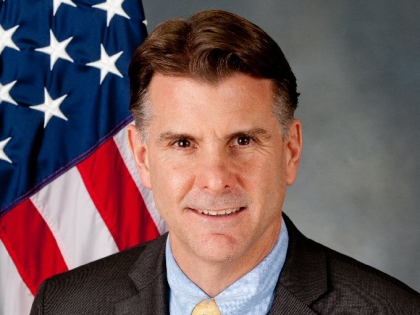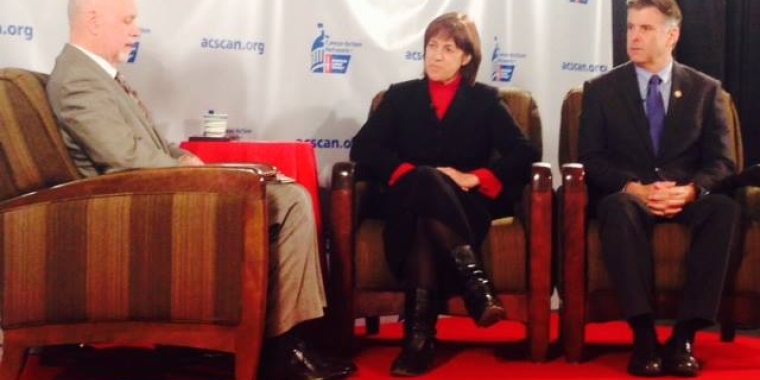
Senator Gipson Urges NYS to Follow Vermont and Protect Doctors Treating Long-Term Lyme
Terry Gipson
April 17, 2014

For Immediate Release: April 17, 2014
Media Contact: Jonathan Heppner | 845.463.0840 | heppner@nysenate.gov
SENATOR GIPSON URGES NYS TO FOLLOW VERMONT AND PROTECT DOCTORS TREATING LONG-TERM LYME
POUGHKEEPSIE, NY -- New York State Senator Terry Gipson (D-Dutchess, Putnam) issued the following statement after the Vermont State Senate unanimously passed legislation similar to the “Doctor Protection Act” (S.5520) introduced by Senator Gipson in the New York State Senate. The legislation would protect doctors by disallowing the medical board to deny, revoke, or suspend the license of a physician or discipline any physician who prescribes, administers, or dispenses long-term antibiotic therapy for a patient suffering from long-term Lyme disease. Connecticut, Massachusetts, Rhode Island and California have also passed similar legislation.
"It’s time for New York State to wake up to the serious and debilitating effects of long-term Lyme disease and help those suffering to get the care they need. Medical decisions regarding an individual's course of treatment should be left to the patient and their doctor. This legislation provides necessary legal protections for doctors who are trying to relieve the suffering of people with chronic Lyme.
“I urge my colleagues in the State Legislature to work together to help the families across New York State who are being impacted by Lyme right now. I remain committed to fighting for this important cause to ensure that New York State addresses this growing health issue.”
###
Senator Gipson’s additional legislation relating to Lyme and tick-borne illness:
TickBITE Act, S.3478, which would require health insurers in New York State to provide coverage for long-term medical care for Lyme disease and other tick-borne pathogens.
TickRAID Act, S.5983, which would provide the Tick-Borne Disease Institute with $1 million in funding in order to provide grants for organizations in New York to execute proper research, detection, education and outreach efforts. Past funding has been cut by almost 50 percent over the past 6 years.
------ ------
Share this Article or Press Release
Newsroom
Go to NewsroomHappy National Rebuilding Day!
June 5, 2014

Anti-Bullying Walkathon
June 5, 2014


